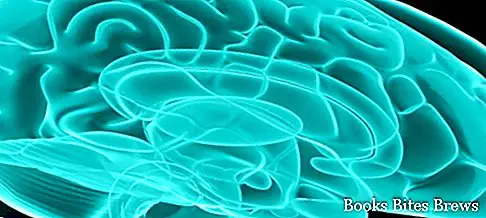What does meningitis mean, type of disease, causes and consequences, how does it manifest itself, what are the symptoms, how to diagnose it, what affects it in particular.
Definition of meningitis
The term meningitis indicates a particular infectious disease with inflammatory effects, characterized by an acute or chronic course, which affects the meninges, i.e. the arachnoid membranes, pious mother and dura mater that cover the cerebrospinal formations.
As for the causes, these can derive from bacteria or viruses, in some cases from fungi, or could materialize as an extrapulmonary form of tuberculosis or as a consequence of trauma to the skull base.
As for the symptoms, these are characterized by very high fever, stiff neck and neck, out of the ordinary attitude of the lower limbs, alteration of skin and muscle sensitivity, epileptic seizures.
To be sure that it is bacterial meningitis, the cerebrospinal fluid must be analyzed, taking it through lumbar puncture.
In case of viral meningitis it is necessary to carry out serological tests or try to isolate the virus from feces or urine.
In bacterial meningitis, it is essential to adopt early antimicrobial therapy, in order to stop the spread of the infection, a factor that could lead to death in a short time.
In meningococcal bacterial forms, the patient must be strictly isolated.
In viral meningitis, therapy is symptomatic, considering that the use of antiviral drugs is indicated only in forms derived from Herpes viruses.




